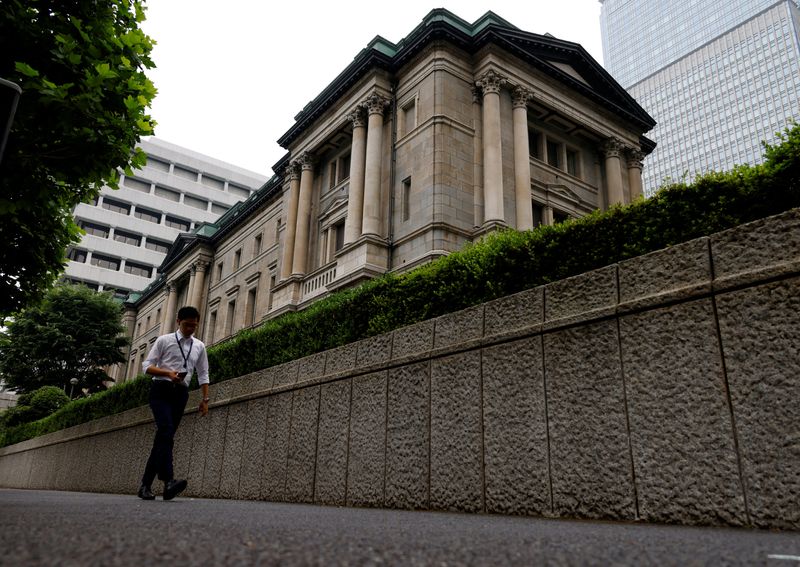Bank of Japan Governor Haruhiko Kuroda resigns
2022.12.27 03:47

Bank of Japan Governor Haruhiko Kuroda resigns
Budrigannews.com – Takehiko Nakao, a former top currency diplomat, disclosed to Reuters in an interview that the Bank of Japan (BOJ) has modified its stimulus measures to ease the transition away from an unconventional monetary policy when Governor Haruhiko Kuroda retires in April.
According to the former vice finance minister for international affairs, prolonged monetary easing has amplified adverse effects like the blunting of market functions, excessive yen weakening, and looser fiscal discipline at the expense of increases in real income.
Last week, the central bank surprised the market by lowering its tolerance for yields on 10-year Japanese government bonds (JGBs). The goal of this move was to lower the cost of long-term economic stimulus.
“While side effects grew, the BOJ has not been successful in raising inflation expectations or lowering real interest rates. “I was thinking that the current framework needs to be changed at some point,” he said.
“It may have an effect of alleviating burden for whoever succeeds Kuroda regarding all the negative shocks stemming from adjustments,” “It was good in a sense that it reduced the burdens of starting policy adjustment,” and “I am not sure about the reason for the latest action.”
He stated that one of the reasons for the most recent action may be to avoid imposing the negative shocks of adjustment on whoever succeeds Kuroda.
Nakao said that changing the BOJ’s easy-money policy would cause shocks like higher mortgage interest rates and JGB yields, but that needs to be done at some point. He also said that the BOJ’s 2% inflation target, which was agreed upon by the government, may be making monetary and fiscal policy rigid.
Nakao is currently “Chairman of the Institute” at Mizuho Research and Technologies, a division of Mizuho Financial Group Inc., Japan’s third-largest commercial bank. He served as president of the Asian Development Bank from 2013 to 2020.
When the yen traded at around 75 yen in 2011, following a tsunami, earthquake, and nuclear crisis, he heavily intervened as the top currency diplomat.
Nakao stated, “The yen was too strong back then, but now the yen is clearly too weak,” omitting to specify preferred levels given the current situation.
To support the yen, which had fallen to a 32-year low against the U.S. dollar in September, Japan intervened in the currency markets for the first time in 24 years.
More Russian ruble is stable after fall
According to Nakao, Japan’s declining economic power and overly expansionist policy are putting pressure on the yen and making Japanese assets susceptible to acquisition by foreign investors.
Nakao stated, “It is certain that excessive yen weakness is bad.” The yen’s slight strengthening as a result of interest rate increases is advantageous.”








